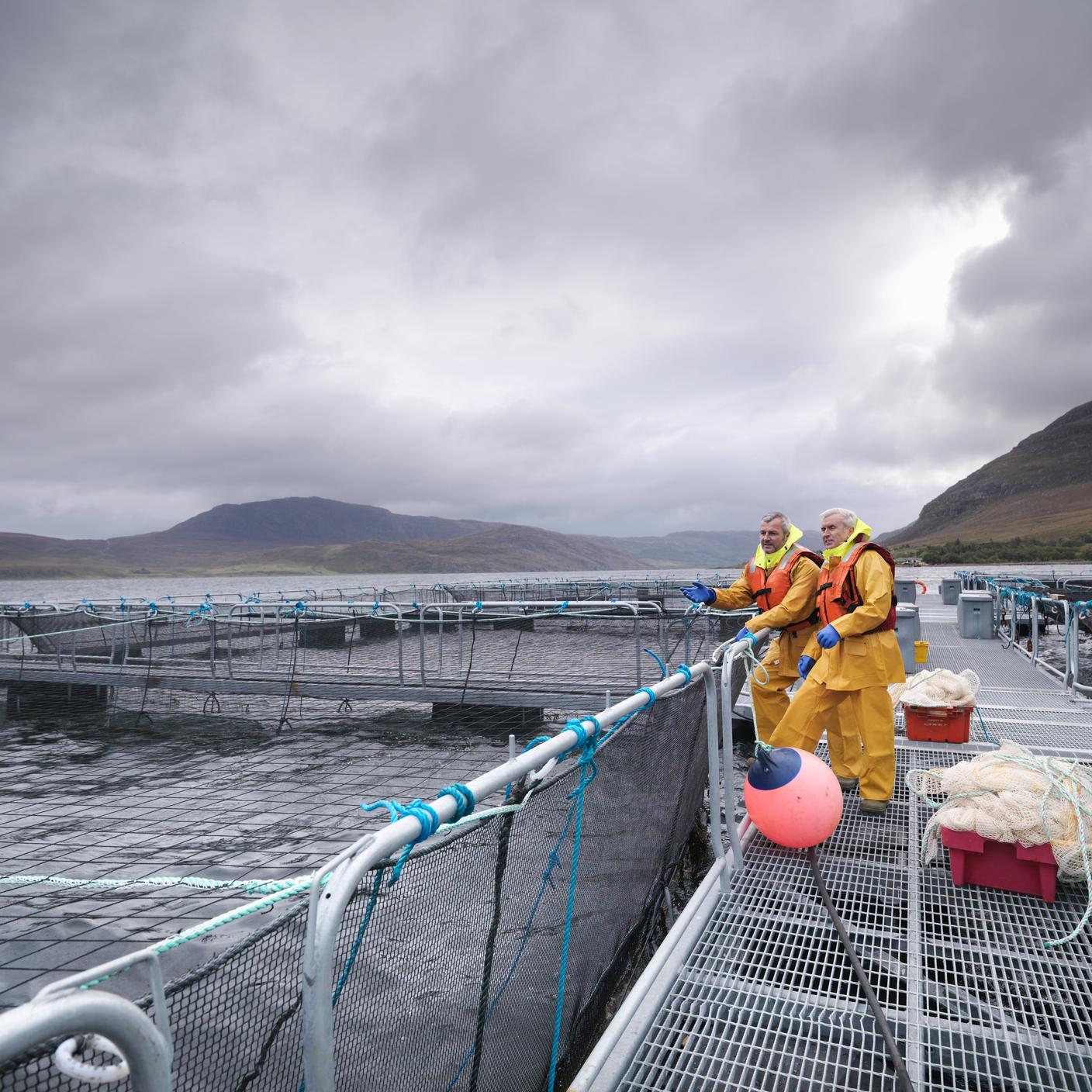The ocean plays a crucial role in sustaining life on Earth, providing habitats for 94% of the entire planet’s wildlife, absorbing Carbon Dioxide, producing 50-80% of the oxygen we breathe, redistributing heat, and providing food resources for people all over the world. The ocean is also critical for the world economy. The ‘Blue Economy’, a term that describes the sustainable economic activities related to oceans, seas and coastal areas, is estimated to be worth more than $1.5 trillion per year and to provide 30 million jobs globally.
Despite its evident importance for people, planet, and society, various human activities, notably climate change and pollution, place the ocean under strain. Yet there are numerous steps we can take to protect the health of the ocean and accelerate progress towards a sustainable world. That includes organizations that may not see themselves within the banner of the blue economy; the reality is they still have ample opportunity to accelerate progress towards a sustainable marine environment.
Reduce CO2 emissions
The ocean is in the atmosphere, helping to regulate global temperatures. Absorbing around 25% of all CO2 emissions, the ocean is one of the world’s largest ‘carbon sinks’. However, in doing so, ocean temperature rises leading to sea level rise, stronger storms, fisheries reduction and loss of sea ice and glaciers. Carbon pollution also acidifies our ocean, leading to oxygen loss, ocean circulation changes and disrupting marine life. While the ocean is very effective at absorbing CO2, there are opportunities to reduce the amount of CO2 entering the atmosphere in the first place.
By reducing CO2 emissions and working towards net zero by 2050 in line with the Paris Climate Agreement, organizations can limit their impact on climate change and reduce the stress on the ocean. The ISO Net Zero Guidelines offer governments, policymakers, and organizations actionable guidance for robust climate strategies for a clear understanding of the route to net zero. We have also shared our own practices and lessons learned on carbon reduction in the award-nominated ‘Our Journey to Net Zero’. With quality data, cross-organization engagement and shared responsibility, and through the use of credible tools and validation, an organization can reduce their emissions and achieve net zero and drive positive change.
Reduce plastic waste
The United Nations Environment Program states that every year 19-23 million tonnes of plastic waste enters our aquatic ecosystems, polluting lakes, rivers, and oceans and currently plastic pollution accounts for 85% of all marine litter. It is reported that by 2050, plastic will outweigh fish in our oceans.
Plastic pollution in our oceans harms wildlife, through injury, transporting of invasive species, threatening marine ecosystems, and altering biodiversity and the food web. Taking generally between 500-1000 years to degrade this plastic then becomes microplastics, entering our food systems and becoming a health hazard to both marine life and to society. BSI collaborates on the development of standards to address microplastics in water, such as Principles for the Analysis of Microplastics Present in the Environment (BS EN ISO 24187:2023).
There is an opportunity for governments, organizations, and individuals to collaborate to act on plastic pollution, and protect the environment and notably our oceans. Steps organizations can take include plastic footprinting, engaging colleagues, embracing a circular economy mindset and collaborating with supply chains.
Engage with global campaigns and join voluntary initiatives
By engaging in global campaigns such as World Ocean Day, organizations can engage colleagues and raise awareness with their stakeholders on the need to protect our oceans. Partnering with organizations such as The Ocean Cleanup, and the Big Blue Cleanup also presents opportunities for organizations to drive positive change. Teams or entire businesses can contribute to fundraising, sponsorship, research, knowledge sharing and take part in volunteering activities.
To understand the solutions available to combat plastic pollution, organizations can join voluntary initiatives. These can help them make commitments, take action and collaborate with NGOs, governments, and other organizations to accelerate progress. Initiatives such as the UK, European and India Plastic Pact, Plastic Free Communities, Plastic Bank, the Global Plastics Treaty and Operation Clean Sweep (OCS) certification, soon to be available from BSI, are all examples of initiatives that provide tools and guidance to tackle plastic pollution and connect organizations to share knowledge and drive change.
Whether organizations operate directly within the blue economy or not, ocean health is vitally important. By taking positive action and collaborating with global initiatives, organizations can both directly and indirectly protect our oceans to enable a sustainable future.







